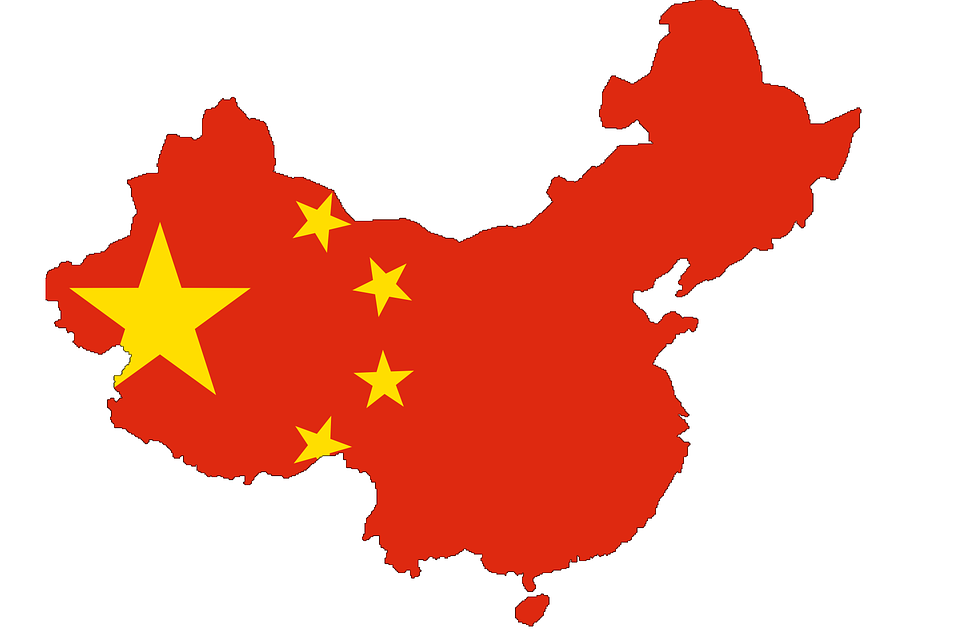Is an isolated communist giant in Asia more dangerous than one interconnected to the global economy? After the recent Xi-Biden meeting, it is a question economic and military analysts are considering this week in Washington. Since China’s opening to the West, it has engaged in predatory practices that are causing the Biden Administration to consider discussing the suspension of normal trade relations.
This action was reinforced Tuesday when the US-China Economic and Security Review Commission published its annual report to Congress. If its 39 recommendations are adopted by a Republican-led House, it may represent a new era in post-normalization politics that resets the US-China relationship to pre-2000 arrangements. In that year Congress approved China for permanent membership in the World Trade Organization (WTO) under the false assumption that acting “friendly” and relieving the country of high tariffs would “assure responsible state behavior.”
This week’s Commission report recommendations include expanding the Trump era 25% tariff rate on a range of products. In a Foreign Policy interview with Jack Detsch this week, former Trump State Department official and current chair of the Commission Alex Wong, says that “This is to empower the administration and to empower Congress with the leverage to rebalance the trade relationship that may have gotten out of whack or that is not serving US interests.” He argues that the goal is to impact China. Employing national security rules, the Biden Administration can revoke China most-favored-nation status as it did to Russia after its invasion of Ukraine.
China has failed over the last two decades to abide by its 2000 WTO pledge to enact industrial subsidies and end its stealing of intellectual property. Beijing, under Xi Jinping reversed course and enacted protectionist policies that harm US businesses. The Biden Administration’s US Trade Representative, Katherine Tai, is due to complete a four-year review of Chinese imports sometime next year. A Congressional decision to repeal China’s preferential status due to its predatory practices should speed President Biden’s slow pace on the issue. Detsch says that “even if the Biden administration and Congress do not decide to implement the report’s 39 wide-ranging recommendations that cover everything from the creation of a White House office to hardening U.S. supply chains to the feasibility of an energy blockade of China, the report adds to Washington’s adoption of more hawkish stances on China on both sides of the political aisle.”
The Commission has taken an increasingly tougher stance on Beijing’s trade practices. Since MFN was enacted, China has bolstered its trade deficit with the US by systematically undervaluing its currency and engaging in unfair trade practices. “If we go back to the 1999 vote, that was essentially an informed wager on the part of the United States that granting this status would make our trade relationship flourish but also lead to general betterment of our relationship with China, bring China into the international system, and create greater stability,” Wong said.
Under Xi, the Chinese strategy is to move further away from any economic dependency linked to the United States. China’s policy of forced self-sufficiency, especially in high technology-based, critical industries, will enable the country to continue on its aggressive path toward reshaping the international rules-based order from the perspective of a Chinese worldview. “The Biden administration has sought to starve Russia of computer chips in response to the full-scale invasion of Ukraine, and recent US legislation has threatened China’s high-tech sector, such as the CHIPS Act, which seeks to bring semiconductor production back to the United States,” according to Detsch. This year’s Commission report also adds the recommendation that Congress create a permanent US Government committee to examine sanctions or other possible economic measures to respond to Chinese military action over Taiwan. During the October National People’s Congress, Xi reaffirmed his commitment to take back Taiwan. The standoff between the US and China is likely to continue and may further heat up in the coming year should China see real action by the US Congress, despite the Administration’s lagging posture on US-China trade. Perhaps, it is time to leave the Chinese chips where they lay and stand up for free trade in an international, rules-based system based on a Western order?
Daria Novak served in the U.S. State Dept.
